On 24 April 2020, the NSW Government passed the Retail and Other Commercial Leases (COVID-19) Regulation 2020. The Regulation includes changes to the Retail Tenancy Act 1994 and the Conveyancing (General) Regulation 2018 which aims to govern negotiations between Lessors and Lessees, as well as preventing Lessors from enforcing certain rights during the COVID-19 pandemic. Who is impacted by the Regulation? The Regulation impacts retail leases and commercial leases which were in force prior to the Regulation, where the tenant is deemed an impacted lessee. An impacted lessee is defined as a Lessee who:
- Qualifies for JobKeeper, meaning that they have experienced at least a 30% reduction in turnover from a given comparable period; and
- Had a turnover of less than $50 million in the 2018-19 financial year.
When determining the Lessee’s turnover, the following points are relevant:
- If the Lessee is a franchisee – the turnover only refers to the turnover of that individual premises;
- If the Lessee is part of a group – the turnover refers to the turnover of the entire organisation; and
- Internet sales of goods or services are included in the calculation of a Lessee’s turnover.
How long will the provisions be in effect? The Regulation will only be in force for the next 6 months, meaning that unless the NSW Government elects to extend the regulation, it will expire on 24 October 2020. What actions are prohibited under the Regulation? The Regulation prohibits Lessors from carrying out the following conduct during the COVID-19 period where the Lessee is an impacted lessee:
- Enforcing their rights in relation to unpaid rent and outgoings and trading hours:Lessors are prohibited from engaging in a prescribed action as a result of the Lessee failing to pay rent and/or outgoings, or the Lessee failing to trade during the hours specified in the Lease.
Prescribed actions are defined in the Regulation and include but are not limited to, measures such as:
-
- Evicting the Lessee.
- Re-entering the premises;
- Recovering money under a security bond;
- Requiring performance of an obligation contained in the Lease by a Guarantor; or
- Terminating the Lease.
- Increasing rent: unless the rent payable is based on a proportion of turnover, the Lessor cannot increase the rent payable under the Lease, including where a rental increase is due under a rent review clause.
- Failing to pass on discounts: the Lessor cannot require the Lessee to pay the full amount of outgoings such as statutory charges, if the Lessor is granted a discount on these charges.
- Failing to grant leniency due to COVID-19 legislation: the Lessor cannot exercise their rights under the Lease, whereby the Lessee would otherwise be in breach if not for this legislation.
When can a Lessor enforce their rights under the Lease? The Regulation notes that the Lessor and the Lessee may terminate a Lease or engage in any prescribed action if it can be shown that both parties mutually agree to the conduct. Lessors are not prohibited from enforcing their own rights under the Lease for any breach which is unrelated to COVID-19 and is not specified in the legislation, such as where a Lessee causes damage to the premises or fails to vacate the premises at the expiry of the Lease. Obligation to renegotiate rent Lessors are prohibited from taking any prescribed action under the Lease, unless they have made efforts to renegotiate the rent with the Lessee and have complied with the provisions of the legislation. During those negotiations, Lessors must be able to show that they have adhered to the following standards set by the legislation:
- The Lessor must engage in good faith during the negotiations.
- The Lessor must consider the economic impacts of the COVID-19 pandemic on the Lessee and its business; and
- The Lessor must have regard to the principles set out in the National Code of Conduct. You can access our article regarding the National Code of Conduct by clicking here.
Dispute Resolution In the event that the Lessor and the Lessee cannot reach an agreement through negotiations, the dispute can be referred to the Small Business Commissioner for mediation. The Lessor will be prohibited from taking any further action until the mediation has occurred. Any Court or Tribunal will consider the National Code of Conduct prior to making any further determination. If you are seeking clarification about your legal rights under a retail or commercial lease during the COVID-19 pandemic, please contact Dean Woodbridge (dwoodbridge@lswlawyers.com.au) or Sam Saad (ssaad@lswlawyers.com.au).











